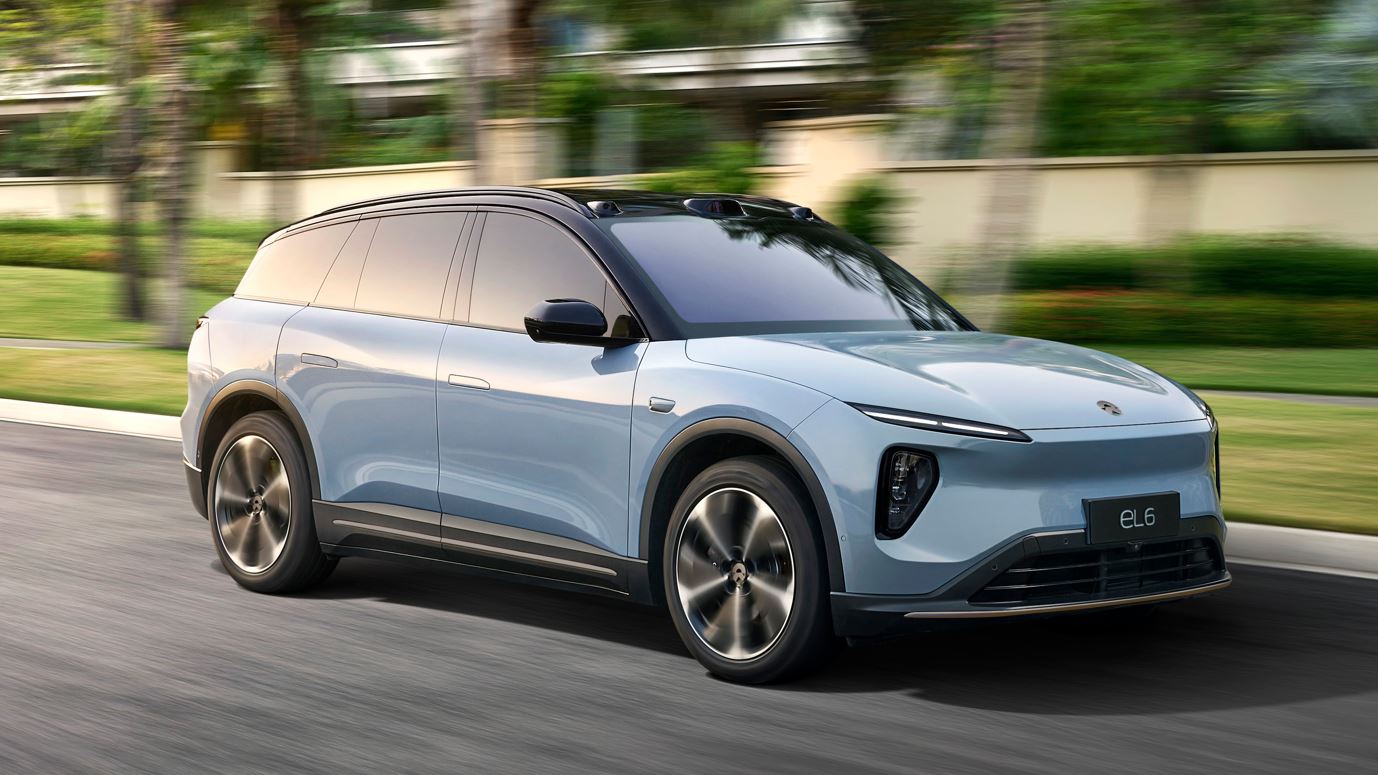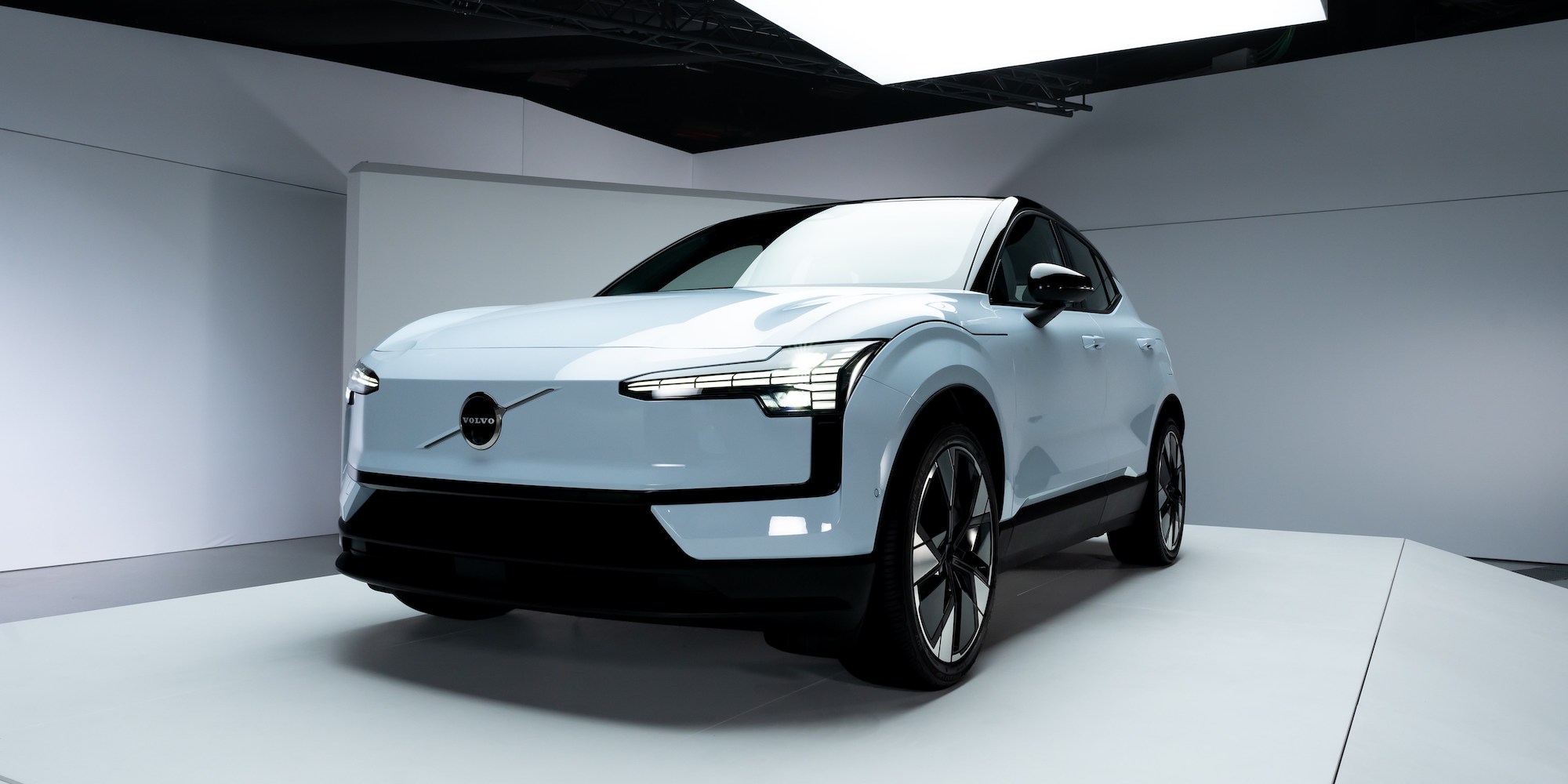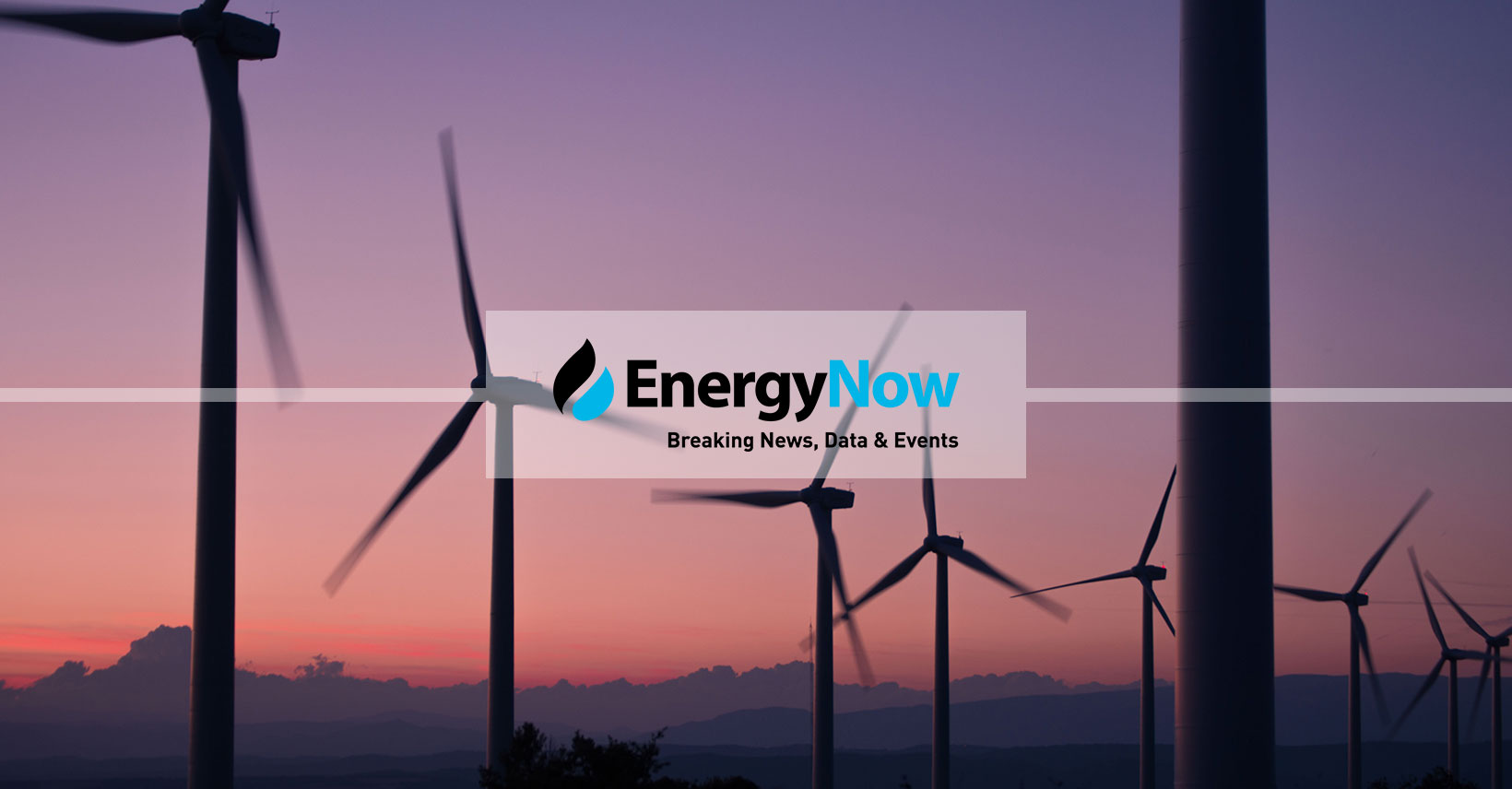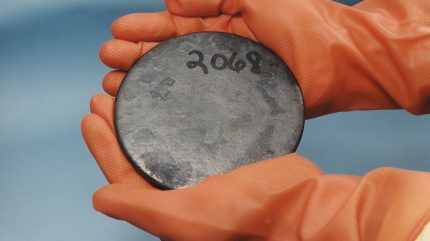
There was a time when cars manufactured in China were ridiculously unsafe. They tended to crumple in a collision like they were made of cardboard. But over the past 20 years, the Chinese have learned a lot from the American and European car companies that started manufacturing in China, thanks to local rules that require foreign companies to partner with a Chinese company.
That requirement has sparked a transfer of information and technology unlike any in modern history. Today the Chinese are making cars that are as good or better than those from companies like Mercedes, Ford, Volkswagen, or GM, and the Chinese new car market dwarfs all others. Last year, there were 27 million new cars sold in China, 13.75 million cars and light trucks sold in the US, and 9.25 million cars sold in the EU.
Now the Chinese automakers are ready to start exporting cars to foreign markets, but are finding Europe much more welcoming of Chinese made cars than the US, which has been having an on again, off again trade war with China since a former failed president bragged that trade wars were easy to win.
Tariffs play a major role here. The EU import duty on foreign made cars is 10%, and all cars — foreign and domestic — are eligible for EV purchase incentives. In the US, the import duty is 27.5% and only cars that follow stringent rules regarding the sourcing of battery materials and components are eligible for federal EV incentives. In addition, cars must have their final assembly point in the US, Canada, or Mexico.
Some political leaders in the EU are beginning to question whether lax import rules will lead to a swarm of Chinese cars coming to the Continent that overwhelms domestic manufacturers. The latest offering from Volvo — which is owned by Geely, a Chinese company — is instructive. The new Volvo EX30 is a world class electric car, albeit a smallish one, and its price of just $34,995 in the US is a shot across the bow of every other car company.
5.4 million battery-electric vehicles were sold in China last year, which is two-thirds of all EV sales in the world. China also controls 76% of global battery cell production capacity and has a dominant position in every aspect supply chain for raw materials used to manufacture all those batteries. That offers the country’s carmakers a strategic advantage and the ability to build EVs at prices that few can match.
China & Europe Collide

That’s a potential headache for European automakers. The EU proposes to ban cars with conventional engines by 2035. Who is going to supply customers with affordable cars when that happens? The Chinese, says Politico. Last quarter, for the first time in history, China surpassed Japan to become the world’s leading auto exporter, according to China’s General Administration of Customs. “The quality and value for Chinese cars has improved by leaps and bounds, especially in the last three years,” said Michael Dunne, an independent automotive consultant active in the US and China.
Chinese exports were only 3.5% of European auto sales last year, according to S&P Global. But Transport & Environment estimates that Chinese companies could make up 18% of the EV market in Europe by 2025. Germany’s national statistics office said in May that imports of electric vehicles from both Chinese companies, including companies like Volkswagen who import cars manufactured in China to Europe, represented 28% of all its EV imports in this year’s first quarter — three times more than during the same period in 2022.
“They are leveraging their specific product know how over incumbent European brands that employ a lot of people to make engines,” one senior automotive manager told Politico. To match that kind of efficiency, “VW would have to lay off half of its staff.”
The risk to Europe’s economy is extreme, Politico says. Cars are the continent’s largest industry and biggest employer and account for 10% of manufacturing activity. Until now, car exports from Europe have generated a trade surplus of between €70 billion and €110 billion every year over the past decade for the European economy, but there is a real danger that surplus could diminish or even disappear as Chinese electric cars go from a trickle to a flood.
The prospect of that trade surplus evaporating is leading to growing pressure on the European Commission to boost tariffs on foreign cars. Automakers in France want higher trade barriers, but the big German manufacturers, which are reliant on sales of their cars in China, worry that protectionist tariffs could bring retaliation from Beijing.
William Todts, the head of Transport & Environment, wants as many people as possible to switch to EVs, but not if it destroys the continent’s most important industry. “The goal is not to obstruct ambitious car and battery makers: the world sorely needs them. It’s to ensure intense but fair competition,” he wrote recently, adding that if the EU doesn’t act to block unfair competition from both China and the US, “Europe may well be on course to become a dumping ground for subsidized Sino-U.S. EVs and batteries.”
America Fears China

Volvo EX30 studio exterior
The generous incentives for electric cars and trucks baked into the Inflation Reduction Act are designed primarily to blunt the ability of Chinese companies to flood America with cheap electric cars. It is also intended to boost domestic (read non-Chinese) sourcing of battery materials.
The political winds in America are dramatically anti-China at the moment. “Mention the word ‘China’ to a member of the House or Senate, Democrat or Republican, the executive branch, they will give you the same look and say, ‘No, not welcome here,’” said Michael Dunne.
An example of the anti-China sentiment can be found in the experience of Microvast, a Texas company that won a tentative $200 million grant from the Biden administration to build a battery component factory in Tennessee. The government said the goal of the award was “bolstering domestic supply chains for lithium ion batteries and creating well paying jobs in the United States.”
Last month, the Energy Department announced with little explanation that it would not award the money after all. The proposed grant had drawn ferocious criticism from congressional Republicans because of the company’s ties to China, including a Microvast subsidiary there.
Ford got similar pushback in February when it said it would work with CATL, the largest battery maker in the world and one that is based in China. Ford insists it is just licensing the technology and that CATL will have no role in the factory. Ford CEO Jim Farley told a financial conference earlier this year, “They have some of the best battery technology. If localizing their technology in the U.S. gets caught up in politics, the customer is really going to get screwed.”
Gotion, another battery company based in China, is experiencing its own set of problems as it tries to establish a battery factory in northern Michigan. Despite the prospect of good paying jobs in an area that desperately needs them, the reception from the locals has been hostile, and that is putting it mildly.
The Takeaway
One solution Chinese companies could try is to build factories in America. After all, that is one of the things the IRA is meant to encourage. Doing so is what helped Japanese companies become successful in the US market. Today Japanese companies are firmly embedded in the US economy, and no one gives it a second thought. If China finds building US factories is too fraught, it could try establishing factories in Mexico to avoid the burden of the US import duty. (To be fair, China has had an import duty of 25% on all cars imported from the US for many years, so it’s not like the US tariff is out of line.)
A utopian would look at the enormous challenges the Earth faces as average temperatures continue their uphill climb and perhaps adopt the wisdom of Rodney King, who so famously said, “Can’t we all just get along?” The obvious answer is obviously no, we cannot. For many years, the US reveled in the fact that low paid minions around the world were keeping the shelves at Walmart stocked with inexpensive goods, but now the wheel has turned and “globalization” has lost much of its allure, and the shoe is on the other foot, so to speak.
How the world handles the challenge of low cost electric cars from China will be indicative of how it deals with more pressing problems. Looking at the current situation, it’s hard to be overly optimistic that humans will be able to put aside their parochial interests for the common good. Perhaps the next species to have mastery over the Earth will be better at pursuing cooperation instead of “winner take all” competition.
The Earth doesn’t care where electric vehicles come from, but humans do. ‘Tis a conundrum for sure.
Sign up for daily news updates from CleanTechnica on email. Or follow us on Google News!
Have a tip for CleanTechnica, want to advertise, or want to suggest a guest for our CleanTech Talk podcast? Contact us here.
Former Tesla Battery Expert Leading Lyten Into New Lithium-Sulfur Battery Era — Podcast:
I don’t like paywalls. You don’t like paywalls. Who likes paywalls? Here at CleanTechnica, we implemented a limited paywall for a while, but it always felt wrong — and it was always tough to decide what we should put behind there. In theory, your most exclusive and best content goes behind a paywall. But then fewer people read it! We just don’t like paywalls, and so we’ve decided to ditch ours. Unfortunately, the media business is still a tough, cut-throat business with tiny margins. It’s a never-ending Olympic challenge to stay above water or even perhaps — gasp — grow. So …




